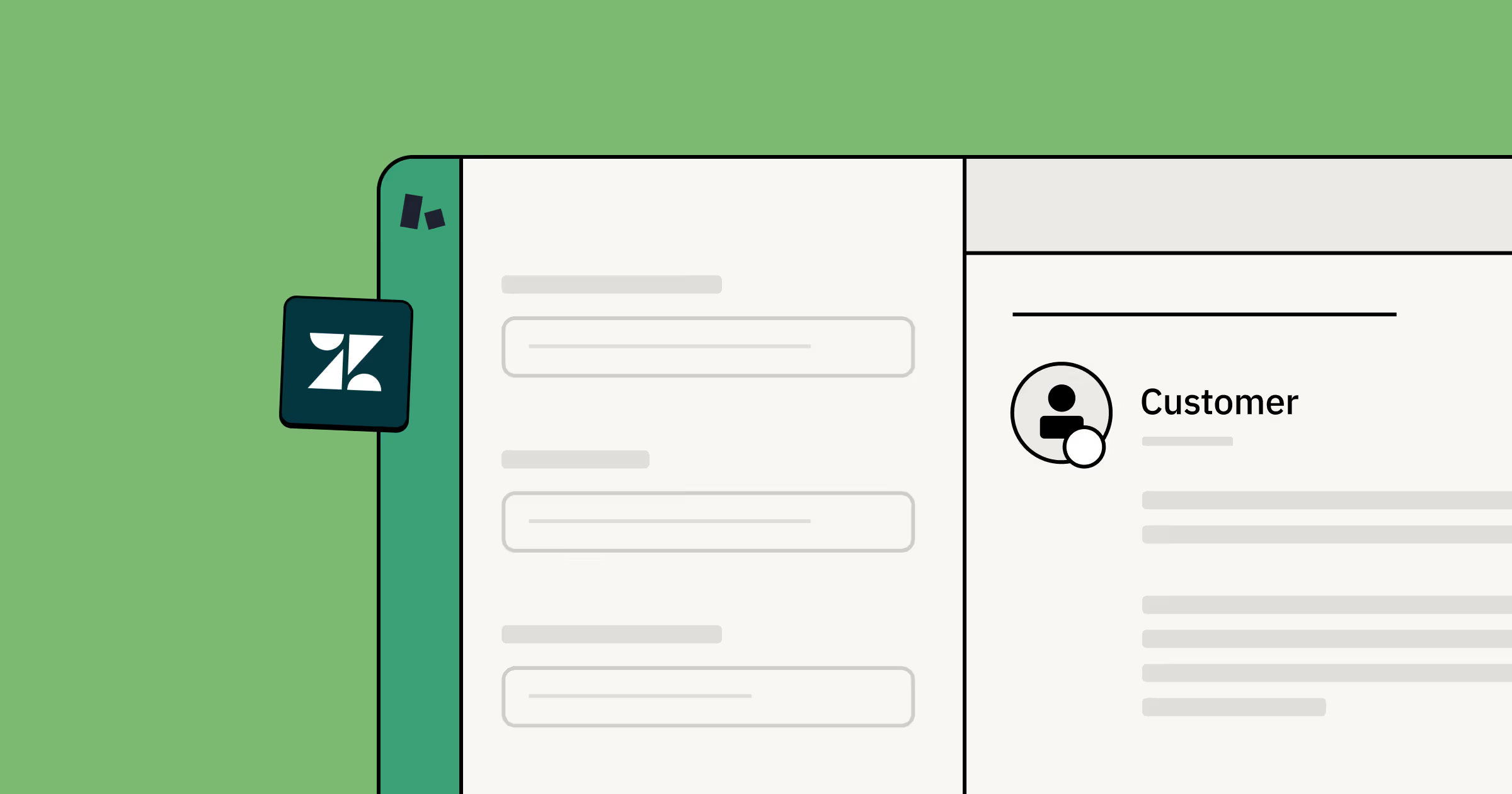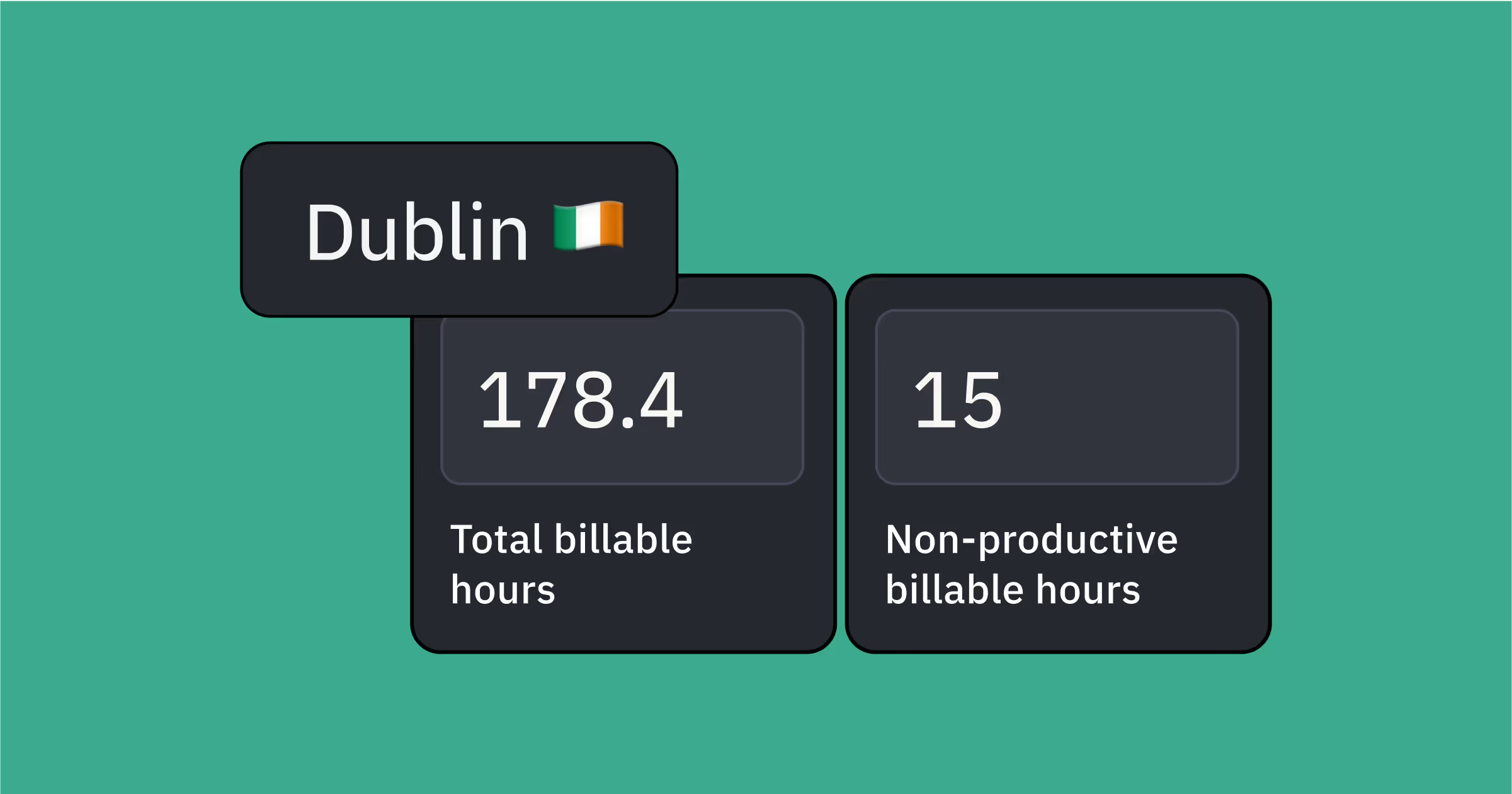Say hello to time tracking for Zendesk Support

As a concept, time tracking gets a pretty bad rap. For some, it’s the epitome of ‘big brother’ tech keeping tabs on you, and for others, it’s a sign that leadership just doesn’t trust you to do your job. Add to that a big flashing clock that’s timing your every move, and it’s no wonder why these negative perceptions exist. But what if there was more to time tracking than, well, tracking? What if it could be useful - and not creepy - for support managers and support agents alike? What if it helped everyone have a more informed view on how they’re spending time with customers?
Today’s launch is all about time tracking, but not in the way you might expect. We focused on addressing the lack of visibility our customers have with email-based support. Because of the asynchronous, back and forth nature of this channel, teams previously had no way to pinpoint coaching or efficiency opportunities. And now, they do!
Read on to learn more about how we’ve tackled time tracking, starting with teams using Zendesk Support.
The highlights:
- Detailed agent states for Zendesk Support (email tickets) within Assembled, which match the view you already have with Zendesk Chat and Zendesk Talk
- Real-time view of agent states, including the ticket being worked on, which helps you see what agents are working on in the moment, and if additional help is needed
- Robust performance-based reporting that gives you a full picture of how agents are spending their time, and what’s getting in their way or sinking their time
Get better visibility into agent states
Life is more complicated than a binary offline/online status, and the same is true for your agents. With this launch, teams that have installed the Zendesk app will be able to see the full range of agent states in Assembled: Online (Tickets), Online (Zendesk Dashboard), Online (Not Zendesk), Offline. This empowers managers with a clear and accurate view of agent activity, and limits them jumping to conclusions if agents are out of adherence. Here’s a quick example: Alex the support agent appears out of adherence, but his detailed state says he’s Online (Not Zendesk), because he navigated to a different tab outside of Zendesk to find an answer for a customer. The additional context from his agent state automatically builds in clarity for his manager. Win-win!

Access real-time agent data to give them the help they need
Previously, managers would ping agents frequently throughout the day to get an update on what they were working on. Now, these same managers can see what’s happening with their team in one detailed view, which includes the ticket number and the time spent on it! This helps guide downstream decisions (“Can I pull this agent onto a higher priority ticket?”) or troubleshooting areas (“Which tickets are sinking the most time, and how can I help expedite?”) that were historically addressed with guesses or assumptions. For Alex the support agent, this is a good thing - his manager now has more information as to why his yield is the way it is, especially since every ticket has different needs and levels of difficulty. This also means that Zendesk users now have the same level of agent state granularity for Zendesk Talk, Chat, and Support. (For more on agent states, check out this documentation on Agent activity)

Coach for the future by leveraging past trends
The (very thin) line between ‘insight’ and ‘too much oversight’ comes down to execution. Data put in context is, by all accounts, much more helpful than a timer tracking how long an agent has stepped way from their computer. Today’s launch gives managers a truly aggregate view into the amount of time an agent has spent working on tickets, as well as the ticket progression as an agent goes through their day. Compare this to what managers knew before - if an agent was online or offline - and it’s clear that this is a game changer for the whole team. Managers have more relevant information with which to coach their team on efficiency, to spot and address burnout, and to understand general ticket trends.
If it’s not obvious by now, we have a very strong belief that time tracking should be used for the greater good, and not evil. It’s all about finding ways to help people help people, whether it’s managers coaching agents, or agents helping customers.





